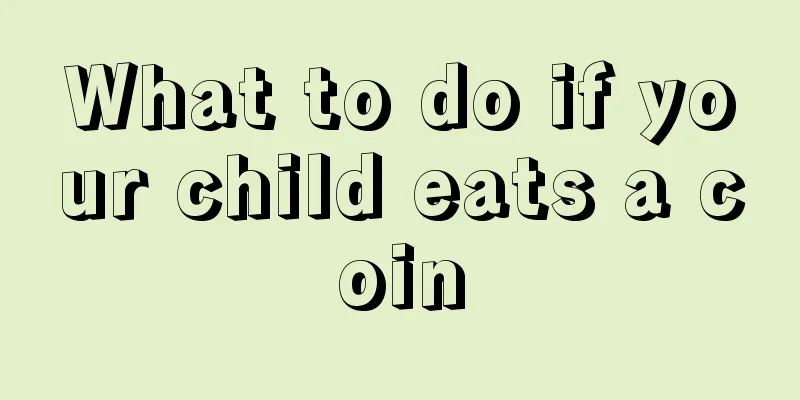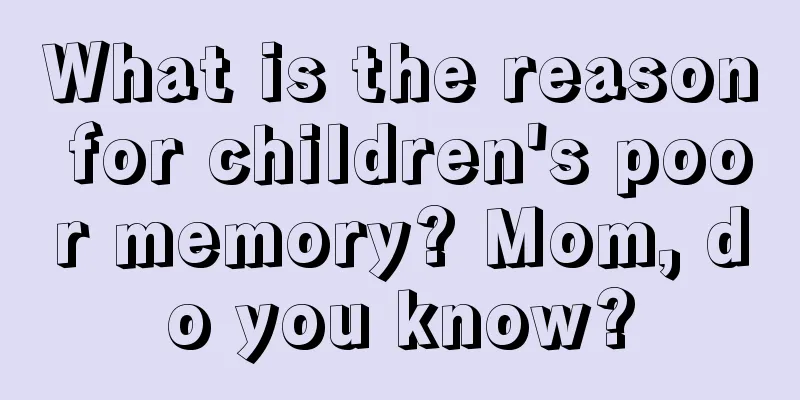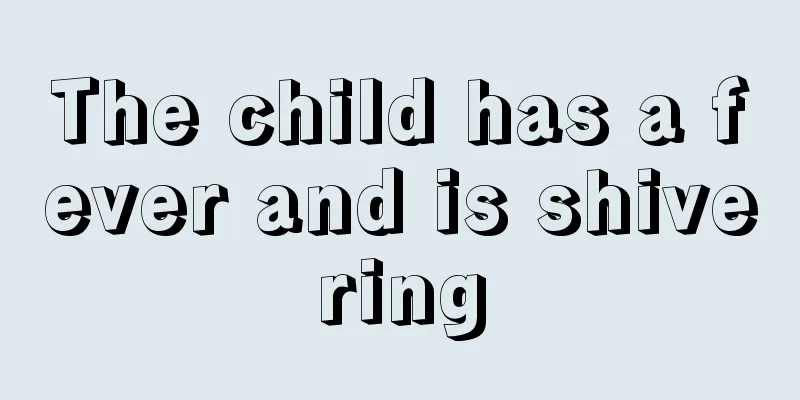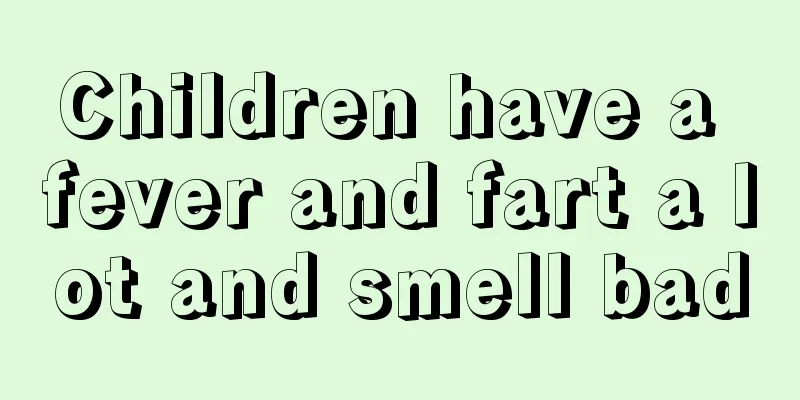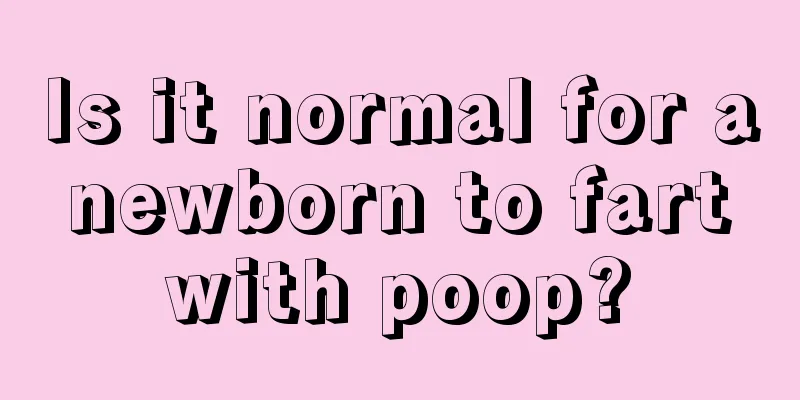Four situations in which babies drool are signs of disease
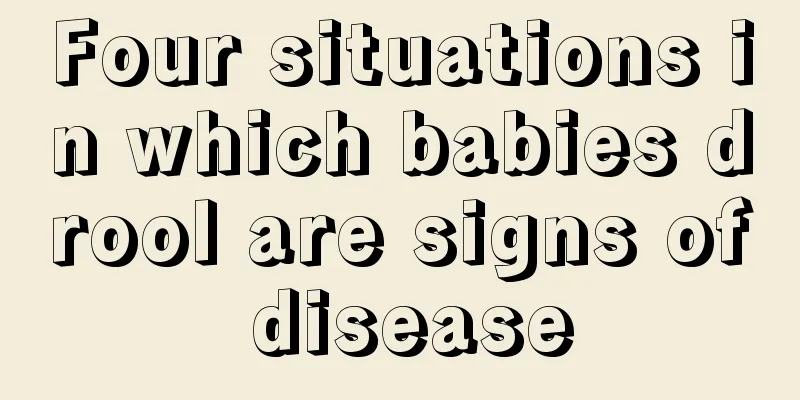
|
Qingqing (pseudonym) is already 6 months old. She drools much less than other babies of the same age, which makes her mother feel quite relieved. But when the child was about 8 months old, he suddenly started drooling. Originally, Qingqing's mother thought it was normal for children to drool, so she didn't pay much attention to it. But Qingqing not only drooled, but also cried and refused to eat. There was no other choice but Qingqing’s mother took her son to the hospital. Upon examination, the doctor found a large oral ulcer in Qingqing's mouth. It turns out that this is the culprit for Qingqing's drooling. Why do babies under 1 year old drool? Yu Bo, deputy chief physician of the Department of Pediatrics at the Nanning First People's Hospital, explained that the salivary glands of newborn babies are not yet fully developed and the amount of saliva secreted is actually very little. It is not until 3 to 5 months later that the baby starts drooling. Especially after the baby starts to add complementary foods, with the intake of starchy foods, the salivary glands are stimulated and the amount of saliva secretion begins to increase. The period from 6 to 12 months is the period when babies drool a lot. During this stage, most babies will grow their first deciduous teeth. The growth of teeth will stimulate the nerves on the gums, causing mild swelling and discomfort of the gum tissue and increased saliva secretion. Until the baby is 1 to 2 years old, as the depth of the baby's mouth increases and the swallowing ability improves, the baby's drooling phenomenon will gradually disappear. Four conditions are signs of disease Case 1: If drooling is accompanied by blisters at the corners of the mouth, your baby may have oral ulcers or stomatitis. Because oral ulcers are painful, babies may refuse to eat or have difficulty swallowing. Parents can prepare some softer liquid food for their babies. Case 2: If drooling is accompanied by fever and runny nose, it may be pharyngitis or tonsillitis. Tonsillitis is often accompanied by redness, swelling and discomfort in the throat, which can make it difficult for the baby to swallow. At this time, it is recommended that parents let their babies drink more water and go to the hospital for examination if necessary. Case 3: If drooling is accompanied by ulcers at the corners of the mouth, the baby may have chickenpox or hand, foot and mouth disease. After a baby is infected with chickenpox or hand, foot and mouth disease, he or she may develop ulcers in the mouth or on the tongue. Because the ulcers are very painful, the baby will have difficulty swallowing. If the baby refuses to eat, you can let the baby drink more milk and rice porridge to supplement nutrition. Case 4: When the baby drools and also has abnormal behavior, such as coma, parents need to pay special attention. The baby may suffer from a neurological disease, such as mental retardation, facial nerve paralysis, sequelae of meningitis, etc. |
<<: What should I do if my baby always has nasal mucus?
>>: What should I do if my baby’s teeth come out late?
Recommend
Tonsillar hyperplasia in children
Tonsillar hyperplasia is a very common disease. T...
What to do if your three-year-old baby coughs in the middle of the night
We all know that coughing is a common upper respi...
Children's weight gain diet
The health of children is often the most importan...
Why does my child's tongue turn purple?
If a child's tongue turns purple, you should ...
Why do babies have pigeon-toed feet and how to correct them
Generally speaking, babies around one or two year...
What should I do if my newborn baby is restless when sleeping and always blushes and pushes the quilt with his hands?
Many young people are first-time parents and have...
What to do if your baby has a fever and convulsions
It is very common for babies to have fever, but w...
What are the symptoms of calcium deficiency in a seven-month-old baby?
In fact, many times you need to pay great attenti...
What to do if baby has blisters on his fingers
Babies grow up under the care of their parents si...
What should I do if my baby often loses his temper?
Children are the apple of their parents' eyes...
What to eat when children have anorexia
Life is gradually improving, and the quality of l...
Vitamin supplements for children
Vitamin supplementation for children is an issue ...
Why is my eight-month-old baby's stool black?
Nowadays, many parents are very concerned about s...
What procedures are required to change a child's surname?
It is the idea of the whole family to give the ...
Why does my 4-month-old baby not want breast milk?
We all know that after a baby is born, drinking b...
